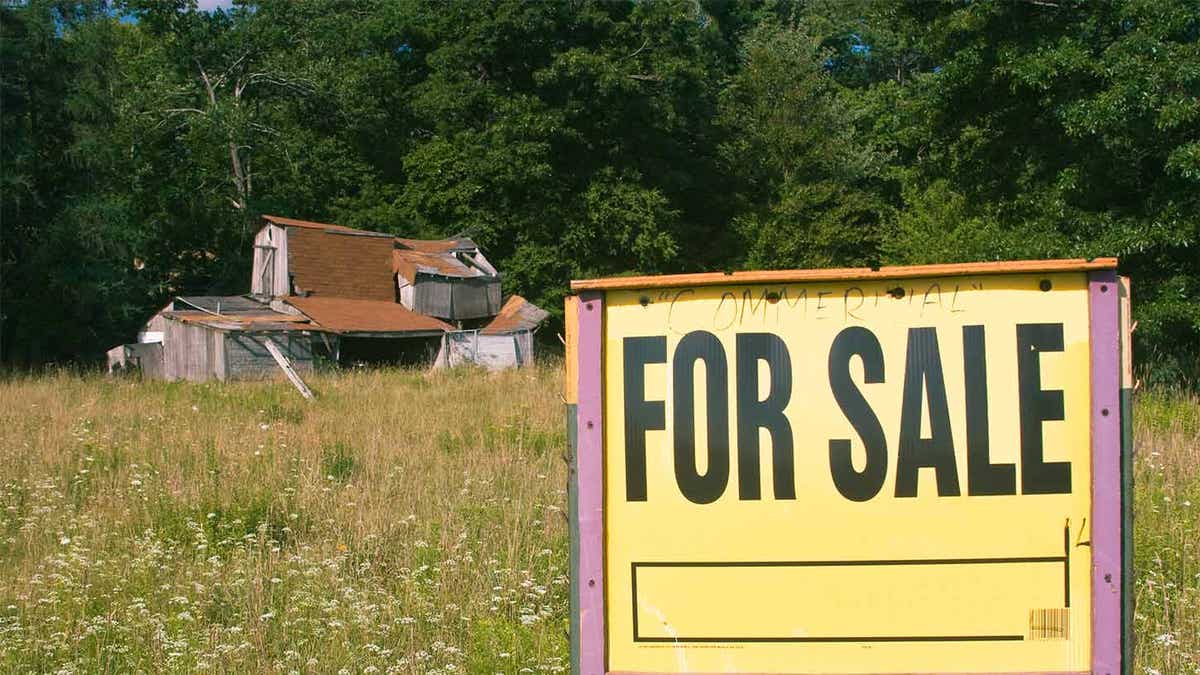
house falling apart. How to sell your house if it's falling apart (Alex Potemkin)
The roof shingles are cracked. There's mold in the basement. There are holes in the walls, and your porch might crumble and kill the mailman at any moment.
Your home is falling apart, and you're almost positive you can't afford to repair it.
So now it's time to get rid of this crumbling abode -- but who's gonna want your (charming) piece of junk? Here's what you need to know about getting the most out of your fixer-upper when you sell.
Check whether you can afford to fix it up
We're mostly going to tell you about your options when it comes to selling your home. But first, you'll want to make sure you can't afford to fix it up.
If you're short on cash, check out both the FHA 203(k) loan and the streamlined (or limited) FHA 203(k). These are refinancing programs (that's right -- a whole new loan) that also provide funds for approved renovations. FHA loans come with their drawbacks (lots of mortgage insurance) and benefits (like low down payments), so you'll want to weigh their pros and cons.
Another option is a home equity loan, or HELOC. Check out the differences, and see if they're a viable option. But if you really need to sell your house, read on.
Estimate the home's value
Finding out your home's value isn't as simple as subtracting the cost of repairs from your home. You also need to factor in "aggravation costs," says Bruce Ailion, a broker and Realtor in Atlanta. In other words, turnkey homes often sell at a premium to traditional buyers because they don't have to do any work. If your home needs some sprucing up, you're likely going to have to incentivize buyers to dig in and get their hands dirty.
Another aspect that complicates the value assessment: "Buyers often overestimate the cost of repairs," explains Ailion. And if a buyer thinks there's more work than necessary, you're going to get less.
Be prepared to sell to an investor
Some sellers are particular about who's going to own their home next. Some don't want to sell to investment businesses at all. But depending on the condition of your home, you might not have a choice. The more repairs you need, the pool of traditional buyers gets smaller -- while the pool of investment buyers gets bigger.
A good rule of thumb: If your home needs kitchen or bath remodels, a new roof, or foundation repairs, there's an 80%-plus chance your buyer is going to be an investor, Ailion says.
Plus, if there are serious structural or heating and cooling issues, that could disqualify your home from a number of mortgage programs. That'll significantly shrink your pool of buyers, but it will make it enticing to all-cash investors.
Use a Realtor to get more money
Since you're already taking a price hit on your house, you might be tempted to sell directly to one of those companies that trumpet, "We Buy Houses" for fast cash. By doing this, you're cutting out an agent and theoretically saving that commission.
But beware: Aside from the scam potential, you could end up getting less money. That's because those types of companies are generally looking to buy at 20% below your sales price, Ailion says.
He gives the following hypothetical example: Fixed up, your home would be worth $150,000. But in its current state, it would fetch only $100,000. If you went to one of those companies, it "would offer $75,000 to $80,000," he says.
Get a fast and fair price on the market
The fastest way to sell your house may be to an all-cash investor, but that doesn't mean you'll get a fair price -- or that the sale will be quick. That's right: You're going to have to do a bit of legwork. You want to generate interest -- which basically means underpricing the home to get multiple offers, Ailion says.
So what do you do when the offers start rolling in? Play hard to get.
"Do not respond for five to seven days. Perhaps you will have 20 to 30 offers, maybe more. Do a call for best and final due in five to seven days," Ailion says. "Over that two-week period, you may get 40-plus offers. In two weeks you will have a cash buyer very close to (your desired price), maybe more."
So before you panic, hire a real estate agent, asses your home, and get your home ready for the market. Just because the house is falling apart doesn't mean you have to take an enormous hit on the return. Put your best foot forward to get the best price possible.
-- -- -- -- --
Watch: Do You Need to Remodel Before You Sell?